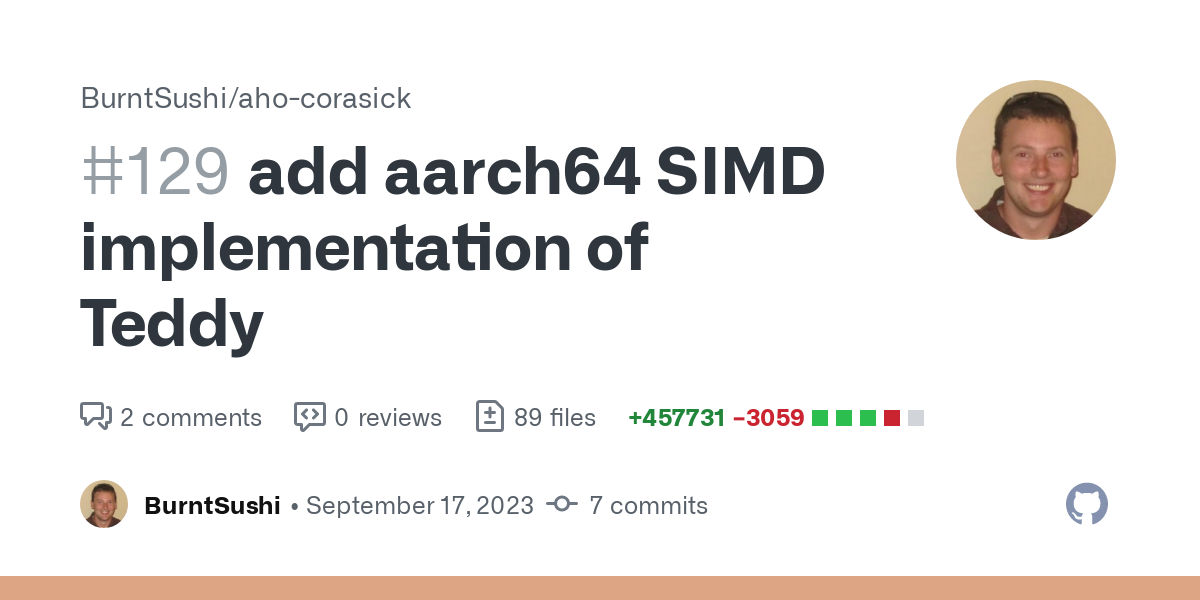

You should absolutely not need to handle ISO 8601 and RFC 3339 manually. They are supported via the Display and FromStr trait implementations on every main type in Jiff (Span, Zoned, Timestamp, civil::DateTime, civil::Date and civil::Time). It’s technically an implementation of a mixture of ISO 8601, RFC 3339 and RFC 9557, but the grammar is specified precisely by Temporal. See: https://docs.rs/jiff/latest/jiff/fmt/temporal/index.html



Yeah this is a tough one. I’m not sure the right thing to do is for me to go around blasting PRs at those projects. They’re probably already carrying support for both
chronoandtime, and asking them to support a third that is brand new is a bit of a stretch I think. Especially since I’ve promised breaking changes in the not-too-distant future. (Although I would like to do a Jiff 1.0 release about 1 year from now and commit to stability.) At least, I know I’d be hesitant if I were on the other side of it. But maybe folks are more flexible than me, I’m not sure.I’ve been noodling on just adding these integrations to
jiffitself. I do worry that if I do that, then the integrations will always stay with Jiff, even at 1.0. But maybe there just isn’t another feasible choice.But, why do you mention
humantime?humantimedoesn’t have any integrations withtimeorchrono.humantimeis more like a thin wrapper on top ofstd::time::Durationandstd::time::SystemTimeto make parsing and printing a bit nicer.